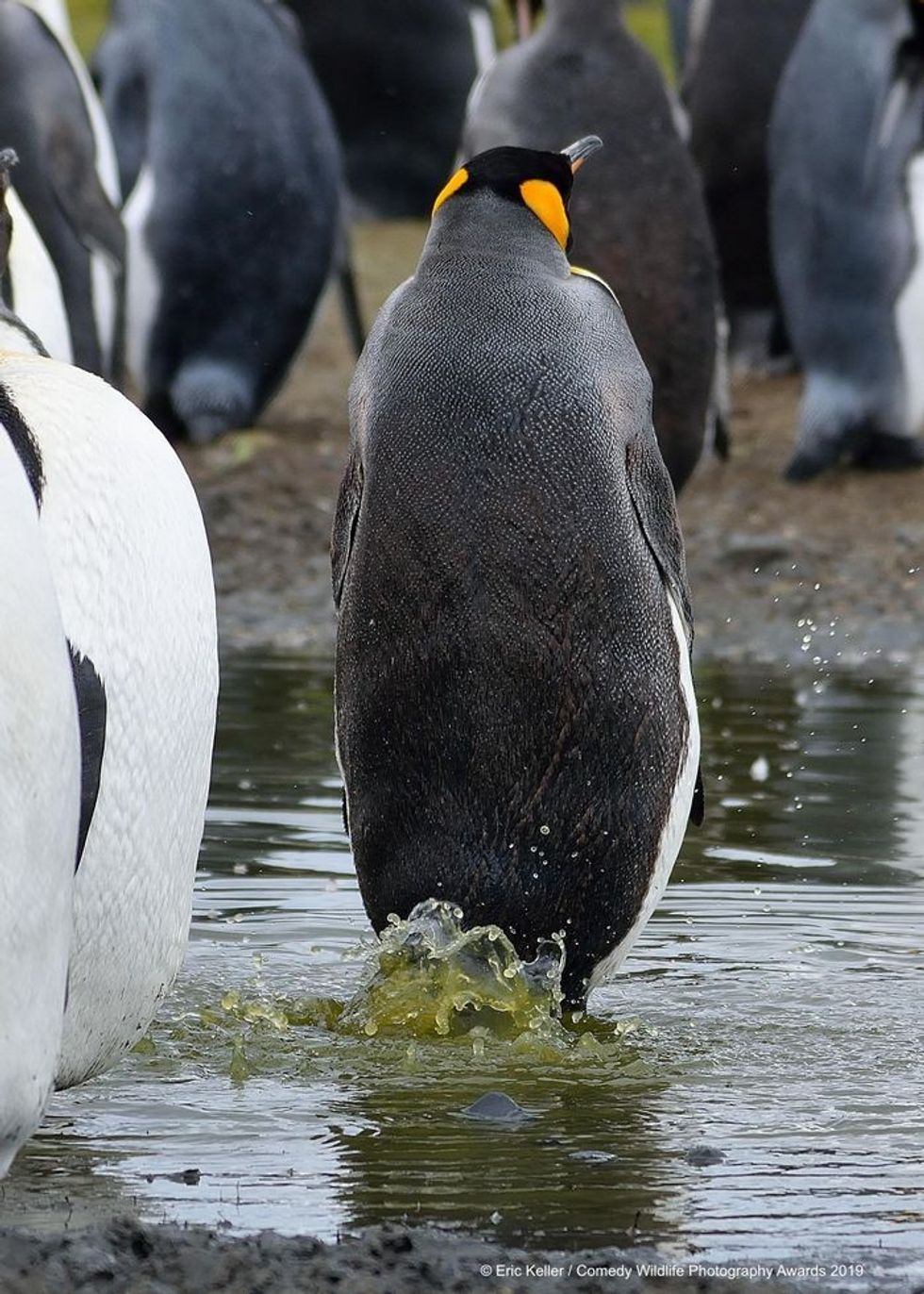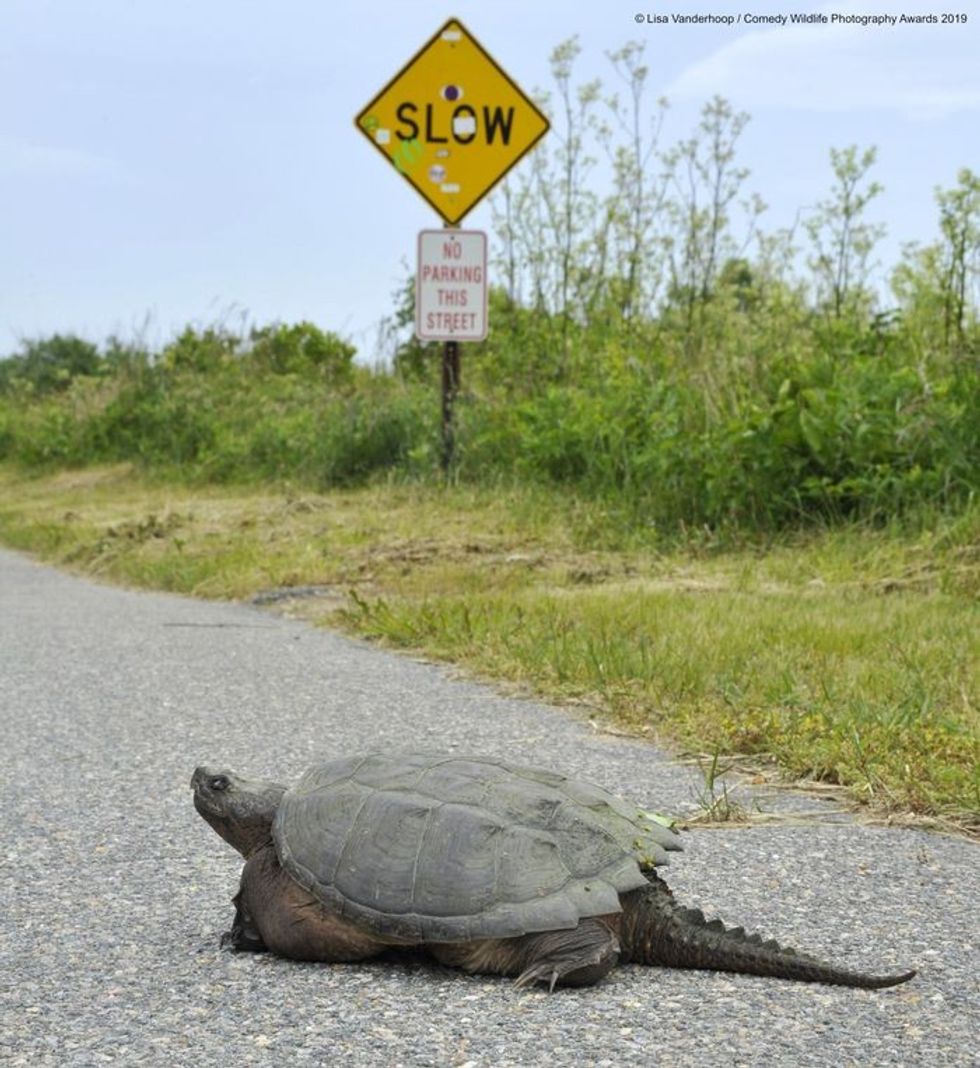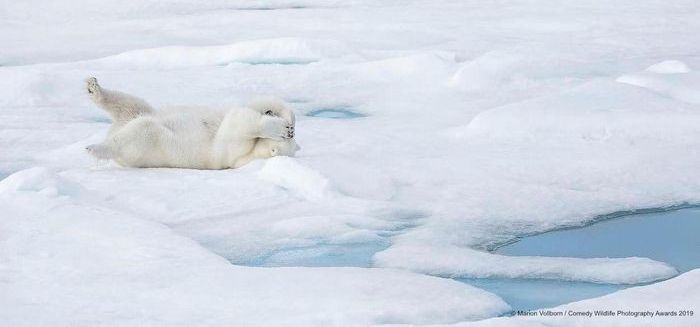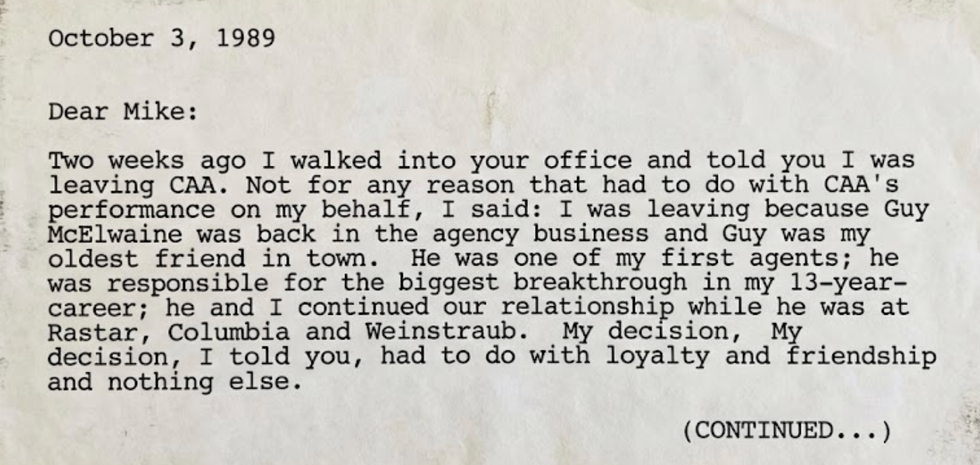Atlantis never sank-it just became Cuba.
The fabled city of Atlantis was first mentioned by Plato in two of his dialogues, the Timaeus and the Critias. Plato tells of an island nation outside the entrance to the Mediterranean that several thousand years earlier had attempted to invade Athens before being destroyed in a giant cataclysm. Today, the general consensus among classics scholars and archaeologists is that Plato's story was purely fictional; no such city ever existed. While some believers still maintain that a historical city of Atlantis was real, its location remains an open question.According to Andrew Collins, the author of Gateway to Atlantis, the Caribbean is the obvious answer. In the late 1960s, a stone formation was discovered off the coast of the Bahamas. It's called the Bimini Road, and it convinced Collins that an advanced civilization once lived in areas of the Caribbean islands that are now covered with water. "The sunken area of Atlantis was the area around the Bahamas and part of the Caribbean," he says. "And the flagship of it was Cuba. Everything that Plato said about what he referred to as the central island of Atlantis fits very well with the geographical description of Cuba." Archaeologists and geologists, on the other hand, insist that the Bimini Road is a natural formation.Collins, who has been writing about Atlantis for more than a decade, can anticipate criticisms: "People might say, Hold on, I thought Atlantis sunk. Well, you know, no. It was quite obvious that there were sunken parts of it. But some of it, obviously, would have remained after the waters rose at the end of the last ice age." And what about the archaeological record, which doesn't show any signs of habitation in the Caribbean at the time Plato claims Atlantis existed, around 9500 B.C.? Well, Collins thinks that archaeologists aren't too happy to have nonprofessionals tell them they're wrong about everything: "Marine archaeologists have refused to take part in any work, and when they have, it's just been to put down the works of the amateur divers and explorers who claim that they've found stuff. In some cases, it seems like [the archaeologists] virtually made up or fabricated evidence to try and show that these amateurs are deluded."Collins cites the work of a psychic named Edgar Cayce as evidence for his claims about Atlantis (Cayce predicted that Atlantis would rise again just before the Bimini Road was discovered), and says the people of Atlantis were like any other Stone Age civilization, though to build structures like the Bimini Road, they would have had to be far more advanced than the hunter-gatherer cultures that the archaeological evidence says existed in 9500 B.C. "There would have been some kind of high culture going on," he says."The chances are that there were settlements that were quite evolved for their time. And unfortunately, if they were wiped off the face of the earth, we might never know fully how far they developed." Or if they were ever there at all.
















 A young lion playing with an older animal
A young lion playing with an older animal A colorful bird appears to be yelling at it a friend
A colorful bird appears to be yelling at it a friend An otter appears like it's holding its face in shock
An otter appears like it's holding its face in shock Two young foxes playing in the wild
Two young foxes playing in the wild Two otters appear to be laughing together in the water
Two otters appear to be laughing together in the water A fish looks like it's afraid of the shark behind it
A fish looks like it's afraid of the shark behind it A bird appears to be ignoring their partner
A bird appears to be ignoring their partner A squirrel looks like it's trapped in a tree
A squirrel looks like it's trapped in a tree A bear holds hand over face, making it appear like it's exhausted
A bear holds hand over face, making it appear like it's exhausted A penguin looks like its trying to appear inconspicuous
A penguin looks like its trying to appear inconspicuous A young squirrel smells a flower
A young squirrel smells a flower An insect appears to be smiling and waving at the camera
An insect appears to be smiling and waving at the camera An otter lies on its side apparently cracking up laughing
An otter lies on its side apparently cracking up laughing Two monkeys caught procreating
Two monkeys caught procreating A young chimp relaxes with its hands behind its head
A young chimp relaxes with its hands behind its head A snowy owl appears to be smiling
A snowy owl appears to be smiling  A monkey holds finger to face as if it's lost in thought
A monkey holds finger to face as if it's lost in thought A turtle crossing the road under a 'slow' sign
A turtle crossing the road under a 'slow' sign A polar bear lies on its back like it's trying to hide
A polar bear lies on its back like it's trying to hide A rodent strikes human-like pose
A rodent strikes human-like pose
 An excerpt of the faxCanva
An excerpt of the faxCanva

 Robert Redford advocating against the demolition of Santa Monica Pier while filming "The Sting" 1973
Robert Redford advocating against the demolition of Santa Monica Pier while filming "The Sting" 1973


 Image artifacts (diffraction spikes and vertical streaks) appearing in a CCD image of a major solar flare due to the excess incident radiation
Image artifacts (diffraction spikes and vertical streaks) appearing in a CCD image of a major solar flare due to the excess incident radiation